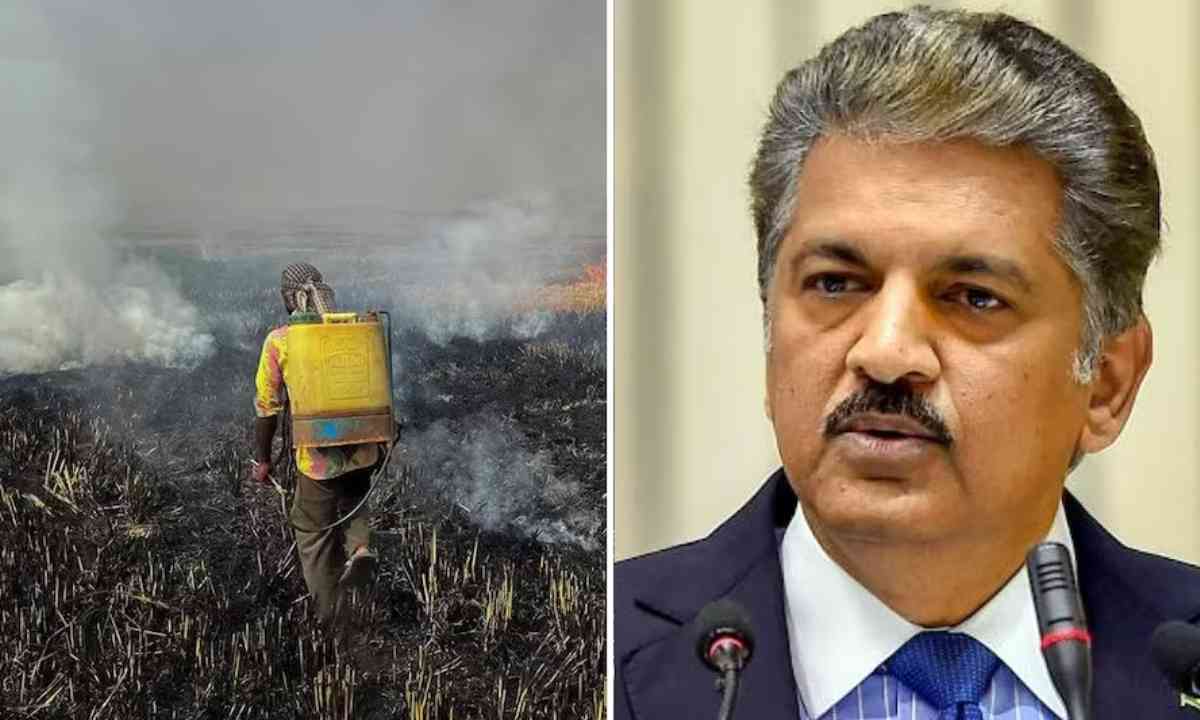On Tuesday, Anand Mahindra, the Chairman of the Mahindra Group, proposed an alternative to stubble burning shortly after the Supreme Court criticized the Punjab state government for the increasing cases of stubble burning, which contribute to the deteriorating air quality in Delhi. Mahindra conveyed his thoughts on X (formerly known as Twitter), suggesting that regenerative agriculture should be considered as it provides a viable alternative to stubble burning while also enhancing soil productivity.
He emphasized the need to consider regenerative agriculture as a solution to combat Delhi's pollution. He advocated for giving this approach a chance, citing its potential to offer a lucrative alternative to stubble burning while also enhancing soil productivity. Mahindra mentioned Vikash Abraham of the Naandi Foundation as someone ready to assist in this endeavor, and he encouraged taking action, saying “Let's do it!”
The concept of regenerative agriculture, as proposed by Anand Mahindra, involves a farming method that prioritizes the health of the soil, which may have suffered from the adverse effects of heavy machinery, fertilizers, and pesticides used in intensive commercial farming aimed at maximizing food production. Additionally, it promotes more efficient water usage, decreases the prevalence of pests, and fosters increased biodiversity, according to information from the World Economic Forum (WEF).
This farming approach is already being employed in various regions around the world, including Asia, Latin America, the United States, Canada, Europe, Australia, and New Zealand. In Tanzania and East Africa, farmers have also adopted regenerative farming practices to cultivate crops such as beans, bananas, and maize alongside commercial crops like cardamom.
Supreme Court’s word on the issue
The Supreme Court issued a reprimand to the Punjab government on Tuesday regarding the issue of stubble burning, emphasizing that the problem cannot be approached as a perpetual political battle. The court further directed the state governments of Uttar Pradesh, Punjab, Delhi, and Rajasthan to take immediate action to halt stubble burning, with the chief secretaries and the directors general of police responsible for overseeing the implementation of this court order.
During a hearing related to the worsening air pollution in the national capital and its surrounding areas, the Supreme Court highlighted various factors contributing to pollution, including stubble burning, the odd-even traffic scheme, vehicle emissions, and waste burning, particularly in the lead-up to the Diwali festival each year.
© Copyright 2023. All Rights Reserved Powered by Vygr Media.



















